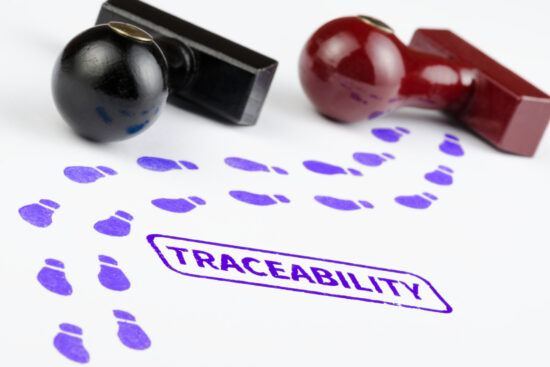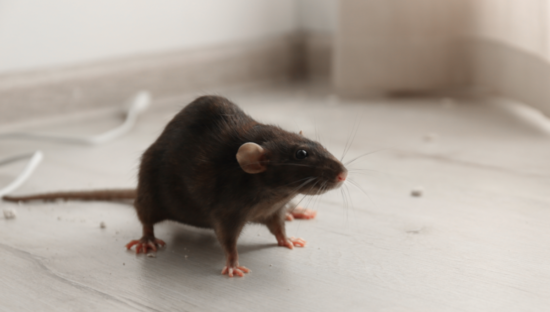All 10 defendants in the Brazilian Backer beer trial have been acquitted.
In a Belo Horizonte court, Judge Alexandre Magno de Resende Oliveira said the accused were acquitted because of a lack of evidence.
An indictment by the Public Prosecutor’s Office of Minas Gerais (MPMG) charged the defendants with responsibility for the contamination of beers produced by Cervejaria Backer that caused the death of 10 consumers and serious bodily injuries to another 16 in 2020.
Although the contamination and harm to victims are proven facts, it was concluded that the prosecution failed to prove “who, individually, acted or failed to act in a criminal manner.”
Criminal acquittal of the individuals does not affect the company’s civil liability. The owner of Backer, Cervejaria Três Lobos, must still compensate the victims and their families.
Reasons for the verdicts
Two partners were acquitted because they had no management power. The third partner was cleared because their role was related to marketing, with no involvement in production or the purchase of supplies.
For the technical team, composed of six engineers and technicians accused of manslaughter and negligent bodily harm, it was concluded that evidence showed the defendants were only subordinate employees.
The judge said direct responsibility for the refrigeration system lay with the technical manager, who has since died, and the industrial operations manager, who was not indicted.
The tenth defendant, accused of lying about a label mix-up at the supplier company, was acquitted based on the principle of “reasonable doubt.”
The Backer factory in Belo Horizonte was shut down in January 2020. In 2022, the Ministry of Agriculture and Livestock (MAPA) allowed production and sales to restart.
Investigations by police in the state of Minas Gerais confirmed the presence of diethylene glycol, used in the beverage cooling process, in samples of the Belorizontina brand beer. The company said it never bought diethylene glycol but did use mono-ethylene glycol. A hole in a tank caused a leak that allowed the coolant liquid circulating in an external system to mix with the drink inside the container.
(To sign up for a free subscription to Food Safety News, click here)



